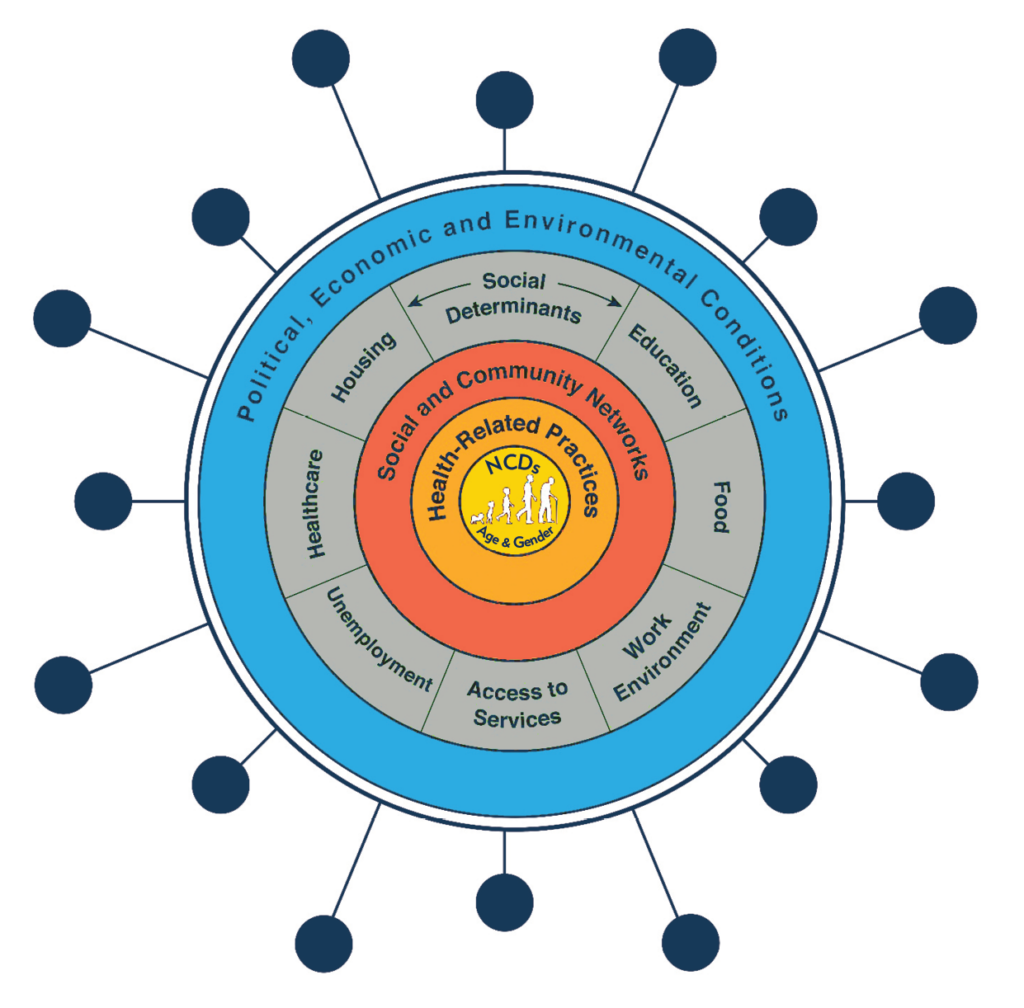Health Equity
Brief
The Unequal Pandemic
COVID-19 and Health Inequalities

COVID-19 is a syndemic of infectious disease and inequality.
- Lower-income workers, women, and ethnic minorities are more vulnerable to economic hardship, live in higher risk areas, and have higher exposure to the virus.
- Illness and death are concentrated among the most socially and economically disadvantaged people.
- These health inequalities before, during, and after the pandemic are a political choice — with government policies effectively determining who gets to live and who gets to die.
Addressing Inequality Post-COVID-19 in the U.S.: Recommendations
Policies
- Strengthen social policies that act on social determinants of health, including expanded sick leave for essential workers, cash and nutrition assistance for those losing jobs, and broader unemployment insurance benefits in more sectors of the economy.
- Increase access to affordable, high-quality child care and health care, including mental health services to combat the stresses of social isolation and financial hardship.
- Enact more inclusionary zoning and enforce environmental regulations in communities disproportionately exposed to pollutants.
Politics
- Balance the power of large corporations through stronger anti-trust laws to protect competition and prevent predatory business practices, and labor union protections to improve working conditions.
- Recruit diverse people into political party leadership to increase party attentiveness to the interests of middle- class, working-class, and poor people.
- Combat voter suppression through universal civic education, mandatory voting, and time off from work for voting.
The book, The Unequal Pandemic: COVID-19 and Health Inequalities, was published by Bristol University Press/ Policy Press in June 2021. Authors are Clare Bambra, Julia Lynch, and Katherine E. Smith.